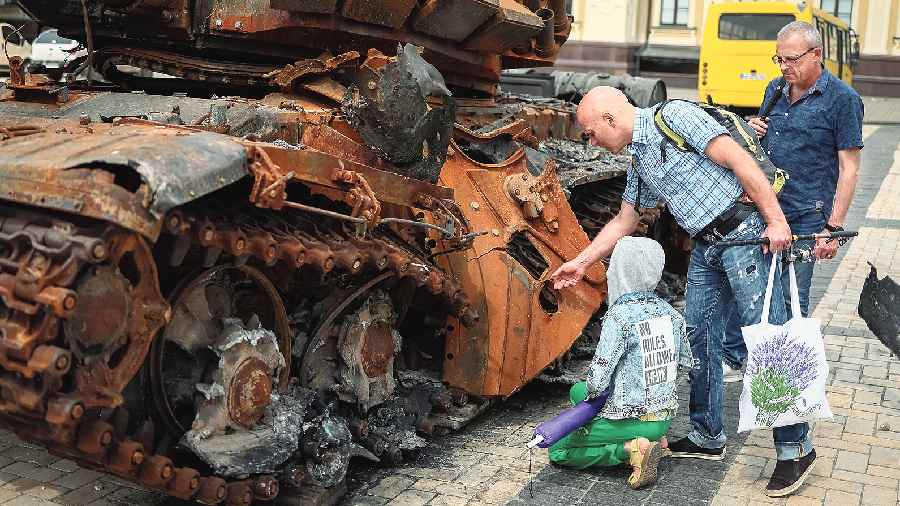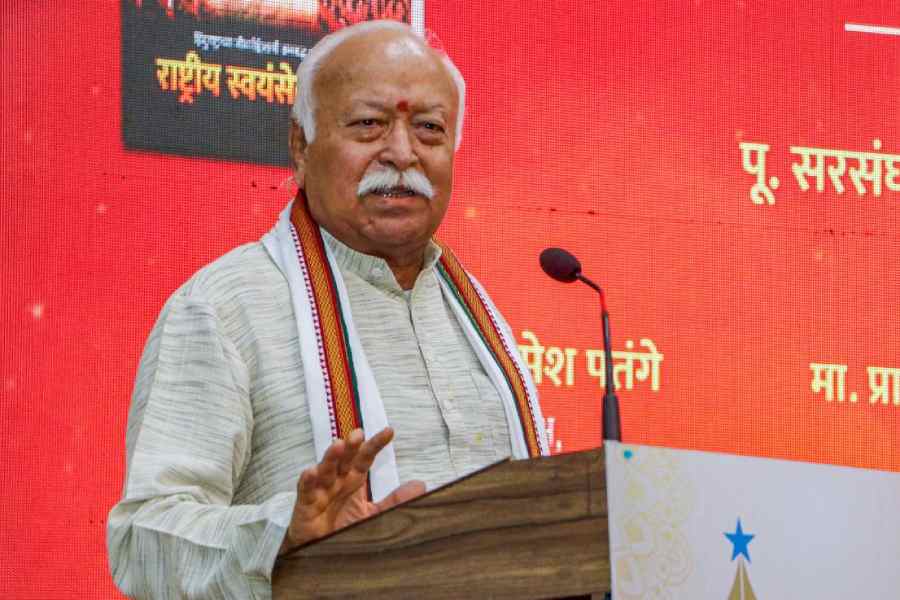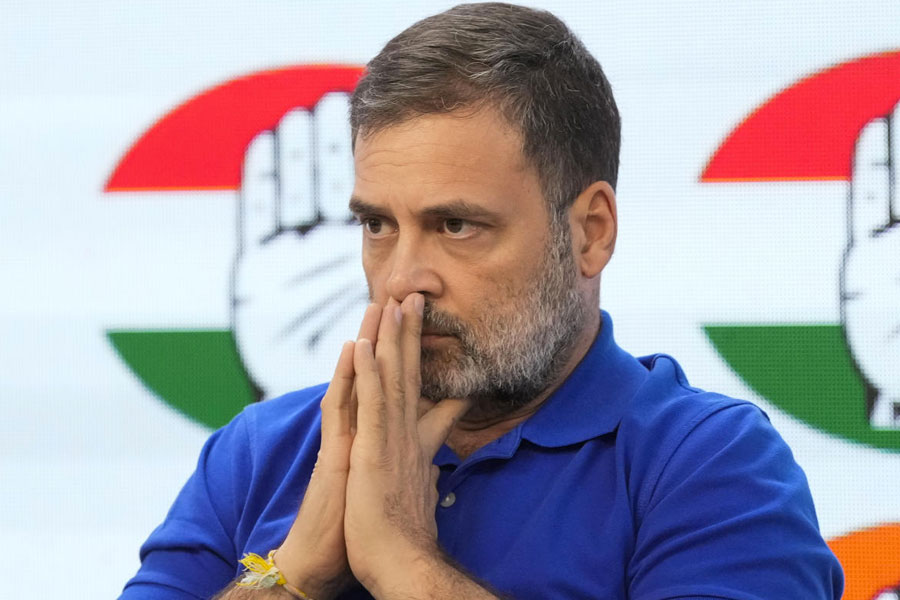The Kremlin has long orchestrated Russia’s court system as an instrument for oppression and propaganda, using a veneer of legality to silence critics and to impose its version of events.
Last December, for example, Russia’s Supreme Court liquidated the country’s most prominent human rights group, Memorial, ruling that its work chronicling Stalin-era brutality had distorted the Soviet Union’s historical image.
Months earlier, a Moscow court had condemned the political and anti-corruption organisations founded by Aleksei A. Navalny as “extremist”, eventually sentencing the Opposition leader to nine years in prison.
In 2020, Paul Whelan, a former US Marine, received a 16-year sentence on espionage charges in a case widely seen as Russia grabbing a hostage. “Sham Trial!” Whelan, who remains incarcerated, wrote on a piece of paper that he held up in court.
The common thread in all these cases, analysts and Opposition figures say, is that the verdict was stage-managed to deliver to President Vladimir V. Putin a coveted goal, like diminishing an opponent or buttressing a propaganda point.
Now, with more than 2,000 Ukrainian soldiers from the besieged steel plant in Mariupol in Russian custody, the prospect of so-called show trials has emerged again.
The fighters have been leaving the plant this week after maintaining the last line of defence in Mariupol, at a Soviet-era steel facility. The Ukrainian government said it had negotiated a deal for the fighters’ exchange, but Moscow has not confirmed this.
At the same time, some Russian officials have pushed to label one group of the soldiers — members of the Azov battalion — as terrorists, and to try them on war crimes charges. The Russian position has raised the prospect that it is laying the groundwork for high-profile trials of the fighters that would advance its narrative of the war.
“Every single case which Putin or his allies would like to manipulate will be manipulated,” said Ilya Novikov, a
former Moscow lawyer who relocated to Kyiv three years ago.
New York Times News Service
Russia in US bans
Russia said on Saturday it had so far banned 963 Americans from entering the country - including previously announced moves against President Joe Biden and other top officials — and would continue to retaliate against what it called hostile US actions.
The largely symbolic travel bans form part of a downward spiral in Russia’s relations with the West since its invasion of Ukraine, which prompted Washington and its allies to impose drastic sanctions on Moscow and step up arms supplies to Ukraine.
The foreign ministry said it had added 26 new names to a list of Canadians it has barred from travelling to Russia.
Reuters











